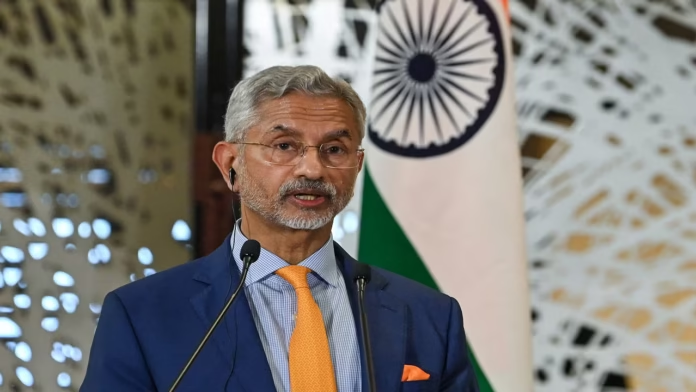A New Push to Reverse the Brain Drain
India is making a renewed effort to bring back its brightest minds from abroad following a major shake-up in the U.S. immigration system. After U.S. President Donald Trump’s abrupt move to raise H-1B visa fees to a staggering $100,000, policymakers in New Delhi are positioning this crisis as an opportunity to lure skilled Indian professionals home.
A senior bureaucrat close to Prime Minister Narendra Modi recently stated that the government is “actively encouraging overseas Indians to return and contribute to nation-building.” Members of the PM’s economic advisory council have echoed the sentiment, suggesting that higher visa costs could benefit India by motivating global talent to relocate.
For India, this moment presents a chance to trigger a “reverse brain drain”, attracting back the engineers, doctors, researchers, and entrepreneurs who left the country over the last few decades in search of better opportunities.
Rising Interest in Returning to India

Growing dissatisfaction among Indians living in the U.S. is already visible. Immigration challenges, delayed green cards, and unpredictable policies are making many professionals reconsider their long-term prospects in America.
One such example is Nithin Hassan, a former Meta executive who left behind a million-dollar salary to return to Bengaluru, India’s technology hub. “I always wanted to start something on my own, but U.S. immigration rules limited my freedom,” Hassan shared. Since his return, he has launched two ventures — including B2I (Back to India), a platform that assists overseas Indians with emotional, financial, and professional aspects of relocation.
According to Hassan, inquiries on his platform have tripled since Trump’s second term began. “Many professionals have accepted that a green card might never come. In just six months, more than 200 NRIs have contacted us to explore options for returning to India,” he added.
Shifting Sentiment Among Students and Executives
Recruiters and executive search firms are noticing similar shifts. Shivani Desai, CEO of BDO Executive Search, reported a 30% rise in Indian students from Ivy League universities showing interest in coming back home after graduation. She also noted that senior Indian professionals working in U.S. corporations are “seriously evaluating India as a long-term option.”
This change in mindset is being bolstered by the rapid growth of Global Capability Centres (GCCs) in India — offshore offices of multinational firms that offer world-class work opportunities. With over 1,500 such centers employing millions, these hubs allow returnees to continue working for global corporations while based in India.
“GCCs are becoming increasingly attractive for returning talent, especially as on-site roles in the U.S. decline,” said a report from Franklin Templeton Asset Management.
Government Faces a Tall Order
However, experts caution that attracting large numbers of returnees will require more than just policy announcements. According to Sanjaya Baru, former media adviser to Prime Minister Manmohan Singh, the government needs a focused, personalized approach.
“The state must actively identify top scientists, entrepreneurs, and professionals to invite back — just as Nehru did when building India’s early scientific institutions,” Baru explained. “Those individuals returned out of a sense of national purpose. That drive is missing today.”
Baru further noted that India has, for years, celebrated the global success of its diaspora rather than addressing the structural issues that drive them abroad.
Global Opportunities Still Beckon
While the U.S. tightens its H-1B visa norms, countries like Germany are welcoming Indian professionals with open arms. Berlin’s ambassador to India has even marketed Germany as a “predictable and rewarding destination” for skilled migrants. Other nations have introduced golden visa programs and fast-track residency offers to attract top talent, making global competition for skilled workers fiercer than ever.
The Barriers to Returning Home
Despite India’s growing economic strength, several longstanding issues discourage its expats from returning. Poor infrastructure, overburdened cities, complex tax systems, and bureaucratic red tape remain key deterrents. According to government data, over 500,000 Indians have renounced citizenship since 2020, with many high-net-worth individuals relocating to more business-friendly nations.
Hassan believes the Indian government must act swiftly to remove “friction points” for returnees. “We need simpler tax laws, dedicated start-up visas, and better infrastructure,” he urged. “Only then will the idea of coming back seem truly appealing.”
Building the Right Ecosystem
Experts agree that India must invest in research, education, and innovation to replicate the conditions that once made the U.S. a magnet for Indian talent. “We need a stronger R&D ecosystem and global-level universities,” said Baru. “That’s the real foundation of talent retention.”
Until then, India’s mission to reverse the brain drain will remain an uphill climb. While the new H-1B crisis may push some professionals homeward, only deep structural reforms can ensure that they — and their innovations — stay for good.


